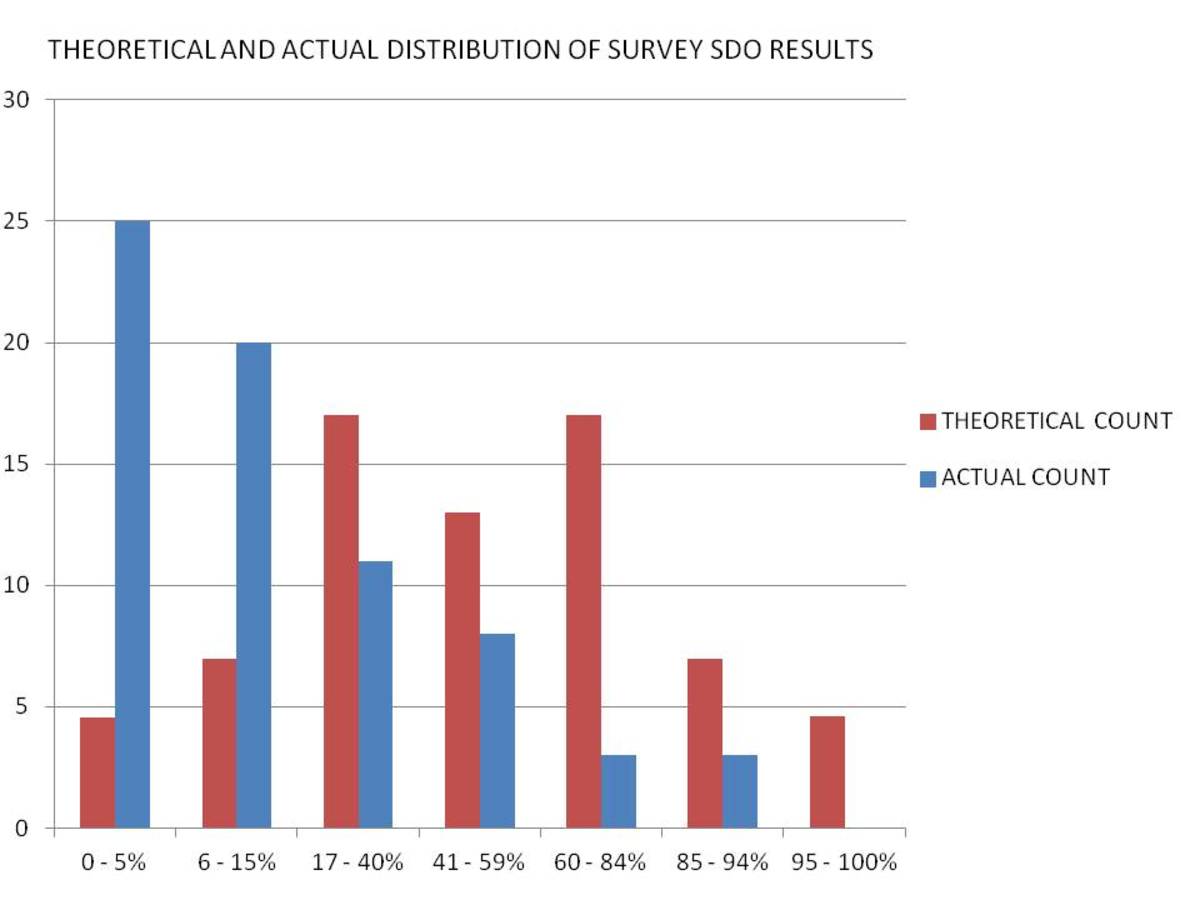A comparison of Investigative techniques Utilized by Sociologists and Anthropologists
In the field of anthropology and social sciences, researchers have their own style of conducting investigations or research. Though some techniques in this field may appear to be similar, there are some inherent differences between them. Some of these variations happen with the philosophical reasons by which particular techniques are utilized. This paper examines how investigative techniques in sociology and anthropology relate or contrast in philosophical aspects.
Investigative techniques Used in Sociology and anthropology
In the field of sociology and anthropology, there are two common methods which researchers employ in their investigative endeavors; survey research and direct observation. Direct observation is simply acquisition of first hand information by observing people, events or objects under investigation. In social research, direct observation remains a valuable technique in data collection. The method offers investigators an opportunity to document activities, objects, physical aspects and phenomena without the necessity of seeking the willingness or ability of participants in answering to research queries (Friedman,2004).
The use of direct observation in social research is relatively different in anthropological research. In the latter, direct observation requires more time, immersion and training in studying the phenomena when compared to social research.
Philosophical Justification in use of direct observation in Sociology
Social Scientists employ direct observation in learning about objects, phenomena, animals or people in their natural environment. The method makes it easy to acquire information by simply observing and recording what is being studied. Further, the method allows researchers to be inconspicuous and that, their presence does not interfere with the behavior of the subjects. Moreover, this technique has an aspect of “ecological validity” in the sense that subjects are observed in their natural environment. This aspect enables a researcher to learn the normal behavior and action of the subjects without being influenced in anyway. In essence, the method works under the logic that engaging the subjects in the study will influence them vo behave or act in a particular way, thus obstructing a real life observation which is the intention of social research.
Anthropologists on the other hand, believe on the assumption that gaining an indepth understanding of a subject will entail taking a longer time in the field studying the subjects. Social scientists do not necessarily take long in the field-studying subjects. Furthure, anthropologists may go to the extent of interacting with the subjects in order to gain an account of their experiences from their own perspectives. For anthropologists, direct observation enables investigators to examine existing relationships between and among the phenomena. Since the quantification of direct observation in regard to anthropology is dependent upon the state of human science at a particular time and the human capacity of discovering units, field anthropologists are therefore mandated to select units of observations in direct observation (Friedman, 2004).
Survey research
Survey research entails the collection and analyzing information acquired through either questionnaires or interviews. A survey research has been, and continues to be widely used in social research tabulating, analyzing and interpreting results. Unlike direct observations, survey research is used by when studying populations on a broader perspective, in a more effective and efficient manner in comparison to other investigation techniques. Investigators utilize survey techniques when they want to find information from a larger population instead of individual opinions and thoughts that can vary in smaller populations.
In the perspective of anthropology, a survey research relates to a research technique which involves posing questions to respondents who are expected to answer them. Similar to social research, a survey technique in anthropology may also include questionnaires or a one-on-one interview with the respondents. However, anthropologists differ in their use of a survey technique in the sense that, they combine it with another. They justify this by using an assumption that respondents have tendency of falsifying answers, or pretending in their answering.
Philosophical Justification In the use of Survey Method
Social scientists employ survey research since it is a universal research methodology relied by almost all disciplines. More important is that the technique is capable of investigating a wide sample and covers a broad perspective, which makes it unique among others.
In respect to anthropology, the survey technique is mostly used in combination with other methods since use of one method is bound to bring falsified results. Information from different techniques is likely to bring a true perspective of the actual situation on the ground. Further, a survey methodology in combination with other research techniques is helpful in antropology particularly in regard to cross-cultural methodologies which compare case studies or field data from broad and different cultural groups. It is important to understand that anthropology is focused at gaining a broader understanding of humanity as a whole unlike in social research, which is in many perspectives.
Conclusion
In conclusion, direct observation and survey research methods are the most common investigative techniques in the field of sociology and anthropology. However, though there are various similarities on how the methods are utilized in these areas, the different philosophical approaches in both society and anthropology mandates these two approaches to be specifically tailored to meet particular research interests. This means that how these methods are used in one field may not be similar to how they are used in the other.








